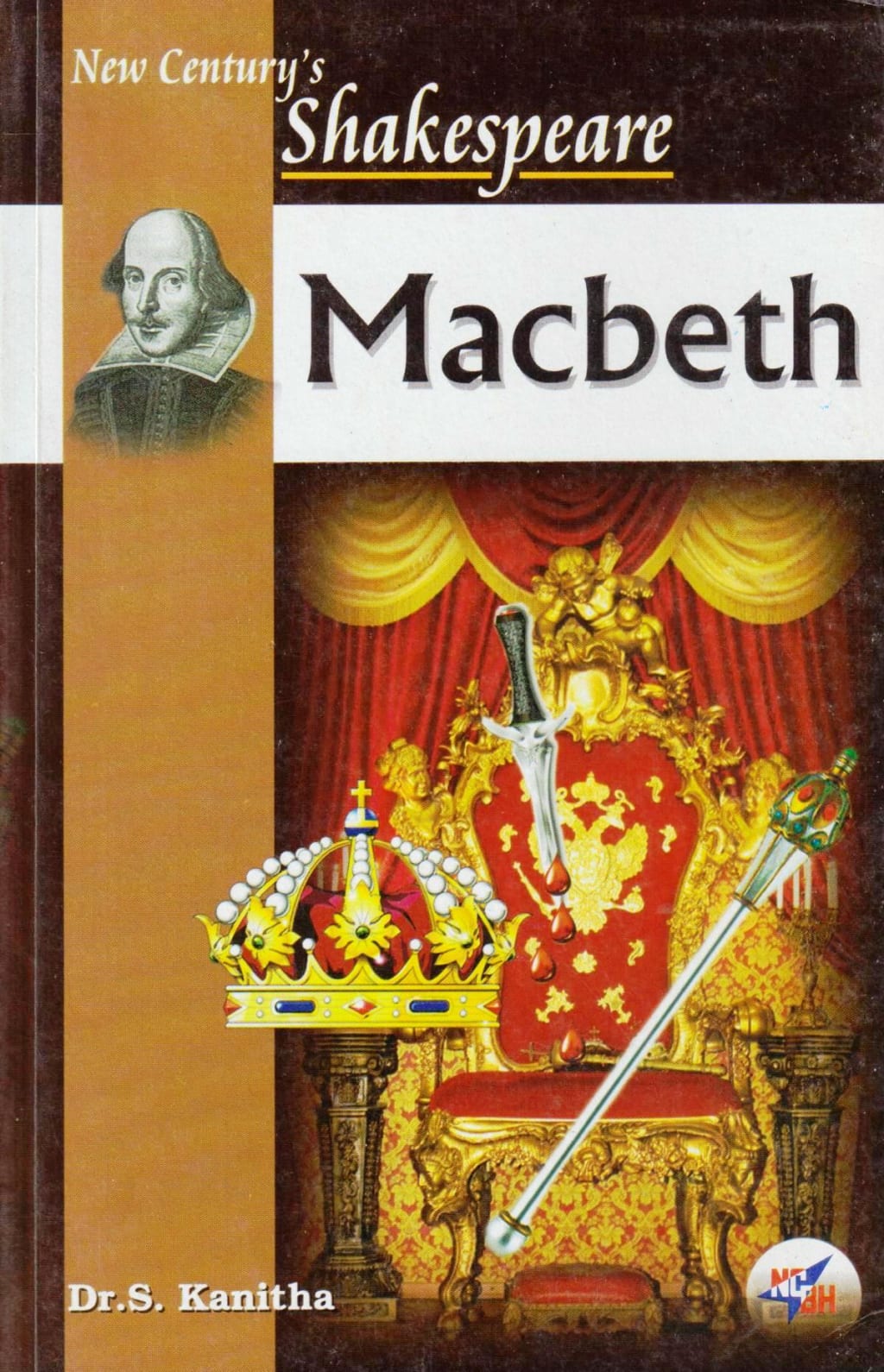The Tragedy Of Macbeth By William Shakespeare
book

The well-known play Macbeth by William Shakespeare is a riveting tragedy that examines the themes of ambition, guilt, and the corrupting effects of power. The drama, which is set in medieval Scotland, follows Macbeth, the title character, on his turbulent path from sanity to dictatorship. Macbeth still holds the attention of viewers due to its ageless themes and enduring characters.
Macbeth starts as a brave and devoted Scottish commander who is admired by his contemporaries and adored by his wife, Lady Macbeth. But an evil ambition is secretly sown in him when he meets three enigmatic witches who predict that he will become the king. Macbeth is motivated to commit regicide as a result of his newly discovered ambition for power, which ultimately sends him down a perilous and deadly road.
The play examines the human brain, showing how even the most honorable people may become corrupted by unbridled ambition. Macbeth turns into a more cruel and paranoid character to secure his position as his ambition grows. He becomes more and more entangled in a web of guilt with every crime he does, which causes hallucinations and restless nights because of his misdeeds.
A key figure in the play, Lady Macbeth, is essential to Macbeth’s demise. She first implores him to claim the throne by preying on his anxieties and challenging his manhood. However, as the toll that their deeds have had on both of their heads grows heavier, Lady Macbeth’s remorse grows too great and sends her spiraling into madness. Shakespeare skillfully uses the characters of Macbeth and Lady Macbeth to examine the intricate relationships between gender, power, and morality.
The mystical components that pervade Macbeth’s realm are also highlighted throughout the play. The witches act as catalysts for Macbeth’s metamorphosis because of their prophetic visions and murky motivations. He is both seduced and tormented by their forecasts, which muddy the distinction between fate and free will. Shakespeare also incorporates supernatural elements to heighten the play's mood and provide a gloomy backdrop for the terrible events.
Additionally, Macbeth is renowned for its remarkable soliloquies and potent imagery. The most well-known soliloquy from the play, “Tomorrow, and tomorrow, and tomorrow,” beautifully expresses Macbeth’s feelings of hopelessness and futility as he considers how fleeting life is. Shakespeare uses vivid language throughout the whole play, giving the characters and their inner conflicts further depth and complexity.
As an important lesson, Macbeth’s demise highlights the negative effects of unbridled ambition and moral depravity. Macbeth discovers himself alone and bereft of any human as the drama rushes toward its sad climax. Macbeth’s final defiant moments on the battlefield in the play’s final act perfectly capture the eventual futility of his ambition for power.
The play's exploration of the concepts of fate and free will pose questions concerning whether Macbeth’s actions were predetermined or the product of his own decisions. The witches' predictions and subsequent acts muddle the distinction between what is predestined and what is under Macbeth’s power.
Dramatic irony is used to build suspense and tension throughout Macbeth. The play’s emotional effect is increased since the audience is frequently aware of Macbeth’s imminent demise and the results of his deeds.
In conclusion, Macbeth is still one of Shakespeare’s most well-known tragedies because it examines the fragility of the human mind and the deadly power of ambition. The play’s ability to captivate audiences with vivid imagery, complicated characters, and thought-provoking ideas has endured for centuries. The transformation of Macbeth from a devoted warrior to a merciless tyrant serves as a timeless cautionary tale about the dangers of giving in to one’s worst inclinations.
Read this full book: https://bloggertripx.org.in/the-tragedy-of-macbeth-by-william-shakespeare-pdf/





Comments
There are no comments for this story
Be the first to respond and start the conversation.